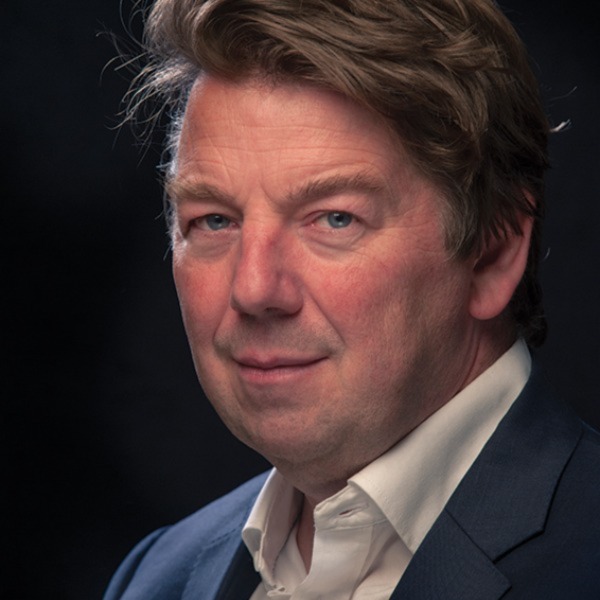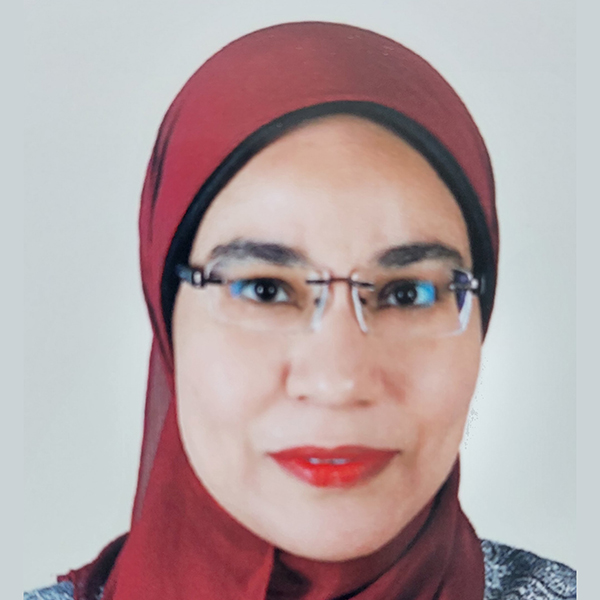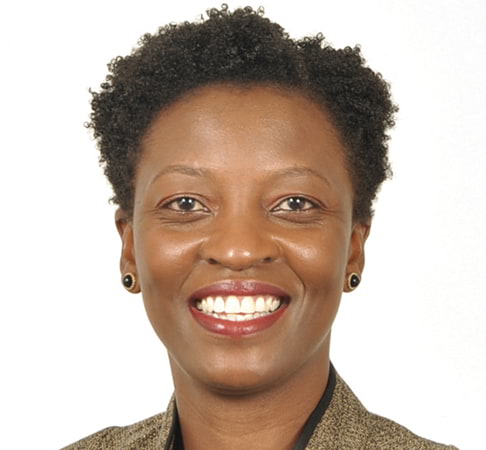A new, creative lens to focus on brain health
In collaboration with the Atlantic Institute and the World Health Organization, Creative Brain Week offers an annual week-long conference on how educators, neuroscientists, artists and academics converge at the intersection of brain health and creativity.

The Spark
The annual event, Creative Brain Week, hosted at Trinity College Dublin, Ireland, has developed three unique conferences since 2022, accruing over 9,000 users virtually and in person. Due to its popularity and relevance to a global audience, satellite events have also started in Egypt, Australia, Botswana and India that are thematically connected and locally informed. Creative Brain Week explores the interdisciplinary neuroscience of creativity to shine a light on both the working of the brain and its practical application and it inspires attendees to expand their respective fields. It has informed the creation of the Centre for Forced Migration at Trinity College Dublin and led to a Memorandum of Understanding between multiple universities drawn up after the 2022 event and literature has been published about some of the ideas shared at Creative Brain Week. It inspires Fellows from across the seven programs to develop initiatives marrying arts, science and culture.

(K)new Solution & Advocacy – Contributors and attendees of Creative Brain Week come from across the globe with different lived experiences and disciplines to give their expertise, providing a medium to develop (k)new solutions through sharing international perspectives and insights.

The Initiatives
Historically, the subject of brain health has been largely confined to scientific or medical research papers and professional dialogue, rather than being part of a wider conversation that explores its links with art, culture and policy.
COVID-19 underlined the importance of maintaining good brain health when as a society many of us experienced extreme isolation and lived virtual lives rather than having face-to-face relationships, something we had taken for granted for so long. Beyond cognitive functions, such as attention, memory and processing speed, there is increasing evidence that brain health is rooted in the tools of art and creativity and freedom of expression. It is central to individual and social health and well-being, fostering avenues of innovation, and emotional connection or compassion. This dynamic relationship highlights the profound potential of artistic endeavors on mental wellness and underscores the importance of nurturing brain health to unlock potential and enrich lives.

The Scale
Creative Brain Week is an annual, week-long conference centered around the intersection of brain health and creativity.
To bring together the mix of brain health researchers, creatives and policymakers, Atlantic Fellows established a conference as a safe space that would ignite and celebrate conversations between them. Creative Brain Week, a collaboration with institutions such as the World Health Organization, Trinity College Dublin, the Global Brain Health Institute and the Atlantic Institute, has rapidly achieved local and international significance in its examination of how brain science and creativity collide.
Through these events, speakers from across the world discuss their work as it intersects with others. How does an artist relate to a neuroscientist? What is the role of creativity in nursing and policy? Does this apply across borders, cultures and class? What collaborations could exist through partnerships? With support from the Atlantic Institute, Fellows from the Atlantic Fellows programs worldwide can attend to consider these questions and more.
Its events embrace many different teaching and learning styles, honoring a transdisciplinary approach to knowledge-making. Dance, visual practice, digital arts and poetry feature alongside talks about randomized control trials, report writing and science. Its learning environments are wide-ranging too, from exhibitions to concerts and film premiers as well as lectures.
Creative Brain Week, which started in 2022, has widened its scope from the week-long event in Dublin. By 2024, it started satellite events in four countries, expanding the reach and impact of the concept. Academics, researchers, artists and scientists who have attended Creative Brain Week have gone on to develop programs and initiatives that reflect the interdisciplinarity of their work. The project has garnered international attention including coverage in media outlets and academic journals such as the Lancet.
Creative Brain Week is a springboard for conversations, projects and the attendees’ aspirations, with achievements ranging from the publication of academic literature to the setting up of a university research center.
Ideas find a connection in Creative Brain Week and projects that developed include:
- Creative Brain Week satellites in four countries worldwide to continue raising awareness, educating and inspiring further dialogue.
- The publication of “Creative Brain Week – Knowledge-making,” with the book being translated into English, Spanish, Irish and Portuguese.
- The Centre for Forced Migration Studies at Trinity College Dublin was launched in September 2022 informed by the Creativity, Neuroscience and Equity session at the Creative Brain Week earlier that year.
- ArtsandBrain.com, a website developed by Atlantic Fellows, was co-created and maintained to advocate for the intersection of creativity and brain science.
- Musicians in the Argentinian band, Copa Y Vida, and neuroscientists from Dublin co-created a program, Making A Way Out Of No Way, that promotes music to improve brain health in vulnerable populations.
The Future
Creative Brain Week has started to develop satellite projects and the team hopes to continue to roll out events to other countries where Fellows are based to engage others in the conversation about the multiple benefits of arts and creative practices for health and well-being.
Media Mentions
The Initiative is working on releasing the Holistic Safety Education course and offering training on using HoSAI as a tool to improve the safety of girls and frontline defenders working with them.










